GFG woes: Why Whyalla steelworks matters
The Whyalla steelworks operations is a key supplier to major ongoing national infrastructure projects, as it battles the debt storm engulfing UK-based owner Sanjeev Gupta.
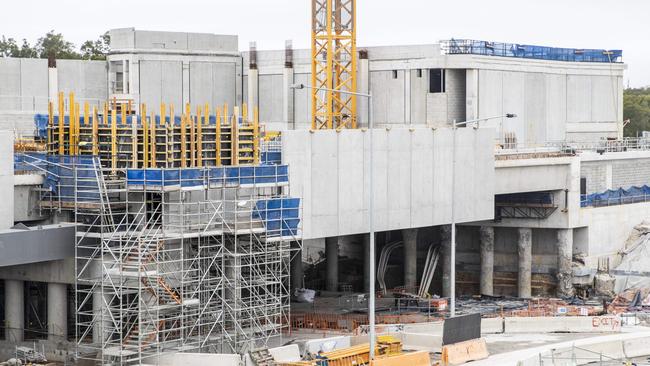
The Whyalla steelworks operation supplies more than 450,000 tonnes of metal annually to multi-billion dollars worth of projects around the country, highlighting the national importance of the business caught up in the debt storm engulfing UK-based owner Sanjeev Gupta.
A list of current projects provided by GFG Alliance shows it is supplying steel to the $16.3bn WestConnex motorway construction in Sydney, $6bn-plus Barangaroo South precinct development, the $5.4bn Cross River Rail Brisbane project and has also secured the contract for the proposed $100m Whyalla High School.
The group did not provide a list of upcoming projects, but steel from the 56-year-old manufacturing site has made its way into major recently-completed developments, including the $1.6bn Optus Stadium, the $900m Australia 108 building in Melbourne and the picturesque $7.8m Whyalla circular jetty.
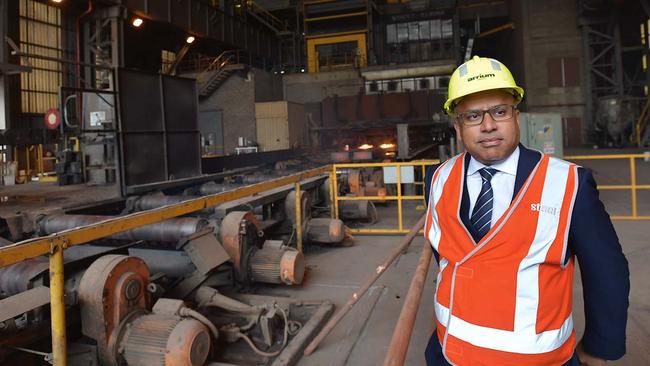
On an annual basis, the plant supplies 100,000 tonnes of steel annually to rail customers across Australian states and territories besides 350,000 tonnes per year of hot-rolled structural steel for major projects.
Total production capacity of the plant is about 1.2m tonnes per year.
“We are continuing to supply high-quality, Australian-manufactured steel to projects across the country and are progressing on our transition strategy implemented in 2020,” a GFG Alliance spokesman said.
“The integrated mining and steel operations are profitable and performing well amid strong steel and mining markets,” he said.
“Our plans to refinance the mining and primary Steel business are progressing well.”
Flinders University’s Australian Industrial Transformation Institute director John Spoehr said maintaining steelmaking capability in Australia was critically important, as highlighted by the recent supply crisis due to the COVID-19 pandemic.
“One job in the steel industry supports two in the supply chain and more in the broader economy,” Mr Spoehr said.
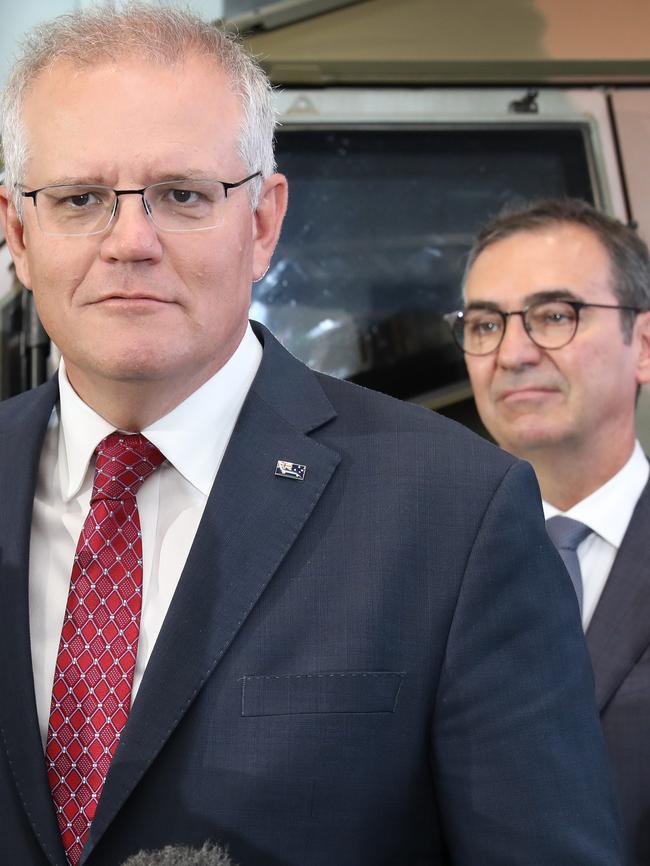
“Steel making is foundational to building national sovereign capability, ensuring the availability of steel for construction, infrastructure projects and of course rail and defence projects.
“We must be prepared to consider nationalising the steelworks to ensure its survival.
“We cannot afford to allow sustained uncertainty to prevail too long or it will undermine the operations by undermining the supply chain.”
Approximately 70 per cent of the structural steel used in Australia is sourced from the Whyalla steelworks and Infrabuild, said Labor MP Eddie Hughes, who is close to the operation where three generations of his family have worked.
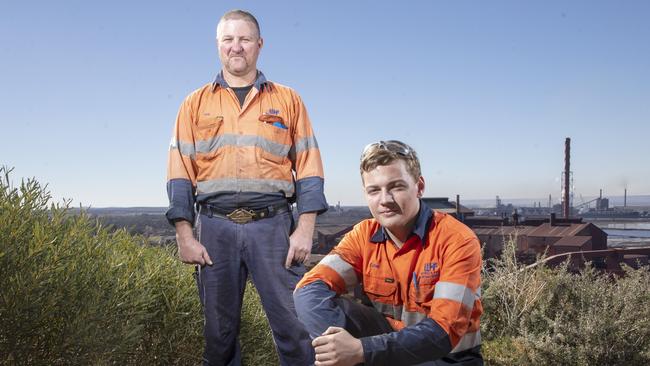
“That does not count prefabricated units that contain structural steel, much of which is imported especially on larger projects.
“Nearly all production is used domestically with the exception of the export of some slabs to Asia,” he said.
A new battle for survival is now brewing with creditors of collapsed financier Greensill Capital, who provided funds Mr Gupta’s vast and complex global empire, now seeking to liquidate the Whyalla steelworks operations to recover money for investors.
Credit Suisse had $10bn of funds invested in loans arranged by Greensill which included debts packaged up by businesses run by Mr Gupta.

Credit Suisse is seeking to liquidate several of its steel and commodity businesses in UK and Australia, including Whyalla.
Any hit to the 1800 direct GFG jobs in SA will have a ripple impact on the 600 suppliers across the state, including 110 in Whyalla, like Whyalla Hose & Fitting Services, which said suppliers would be “decimated” by another collapse.
State and federal governments have confirmed there are discussions about contingency plans, including short-term loan options.
On Friday, Mr Gupta said he was “ready to change”, but blasted the aggressive tactics of creditors as “dangerous and cavalier”, threatening thousands of jobs in his global empire
“I’m ready to change. So is the GFG Alliance,” he said.
“We understand that the way we used to finance our operations needs to be overhauled, and we will address our challenges head on.
“We want to continue to improve governance and transparency.
“We also understand that we have a responsibility to our debt holders.
“But at this time of crisis, we need cool heads and collaboration, not dangerous and cavalier behaviour.”
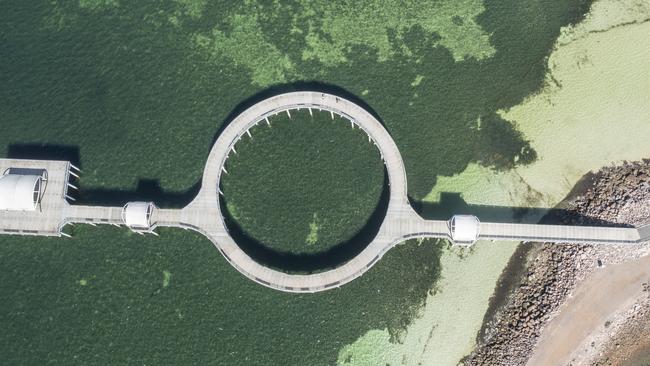
The UK government is considering nationalising parts of Sanjeev Gupta’s steel empire after it rejected the British industrialist’s plea for a £170m ($307m) rescue package as he scrambles refinance about $US5bn ($6.5bn) owed to Greensill.
He was reportedly trying to secure about $500m just for Whyalla steelworks to plug the funding gap left by the demise of Greensill Capital.
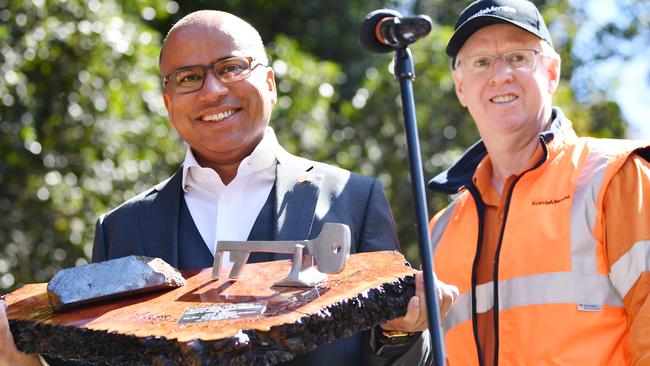
Mr Gupta said the group had “entered advanced due diligence” with a number of interested parties to refinance the primary steel and mining operations.
The last time round, it took 17 months for a group of seasoned KordaMentha administrators to win the fight for Whyalla’s relevance in the massive global steel empire at the brink of collapse in 2016, through a “miracle” sale to Mr Gupta.
Five years after KordaMentha partner Mark Mentha celebrated that ‘miracle’ with the people of Whyalla, marching alongside Mr Gupta and handing over a symbolic key, there is a fresh threat to the town’s future.
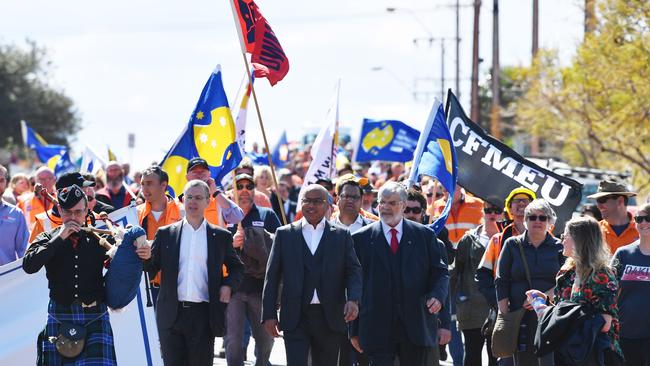
The most complex administration process in Australian history had ended with Mr Gupta emerging victorious after a short battle with another short-listed, and preferred bidder, a South Korean consortium led by steel giant POSCO.
Back then, it was clear the closure of the Whyalla operations would lead to catastrophic consequences, including a possible 5500 jobs lost and the 22,000-strong community of Whyalla becoming a ghost town with an annual loss of $700m to the state’s GDP.
This time round, there is more than hope at stake, with COVID-19 throwing a fresh perspective on sovereign capabilities, especially in manufacturing.
Key projects supplied by Whyalla:
ONGOING
$16.3bn WestConnex, a 33km, mostly underground motorway in Sydney
$6bn-plus Barangaroo South precinct
$5.4bn Cross River Rail Brisbane project
$100m proposed Whyalla High School Project
COMPLETED
$1.6bn Optus Stadium
$900m Australia 108 – Melbourne
$7.8m Whyalla circular jetty
$69m Whyalla Hospital redevelopment



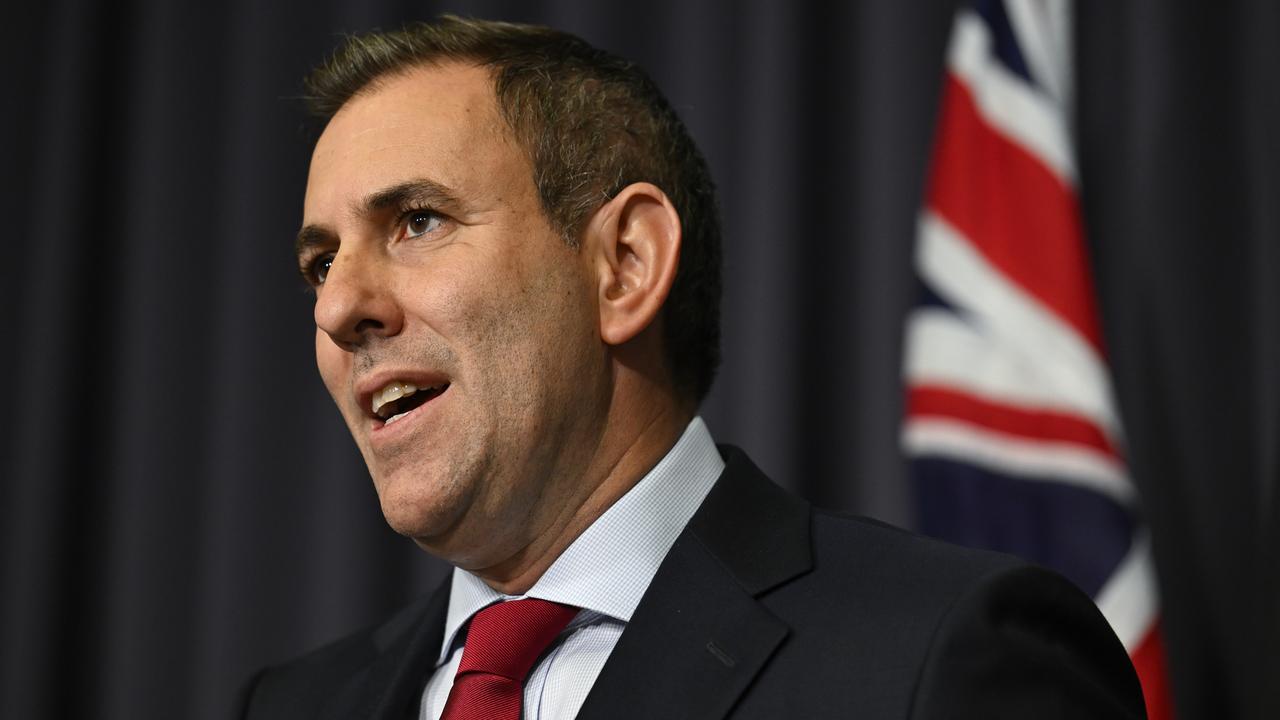
To join the conversation, please log in. Don't have an account? Register
Join the conversation, you are commenting as Logout